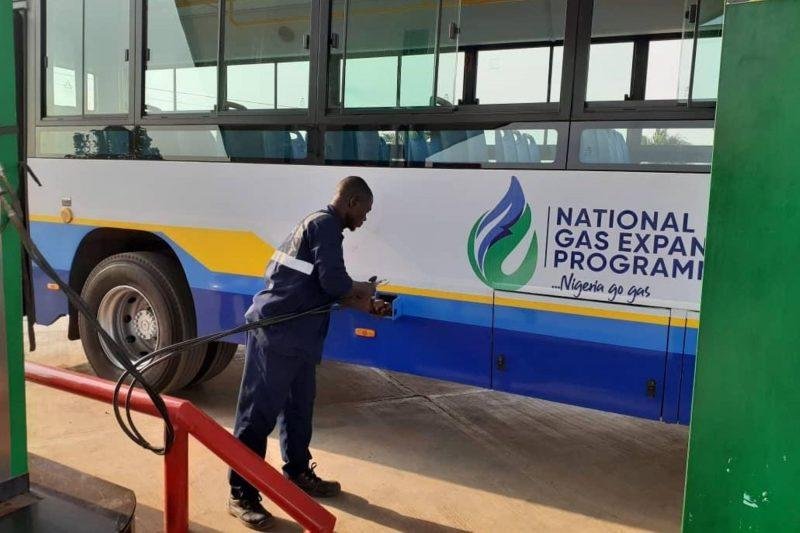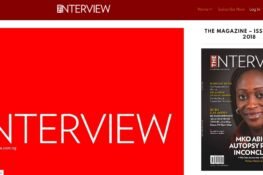In this interview in Abuja at the weekend, Minister of Petroleum Resources, Chief Timipre Sylva, says the roll out of the National Gas Expansion Programme (NGEP) by President Muhammadu Buhari in Abuja on Tuesday, is proof that government means business in its pledge to provide cheaper, cleaner and safer sources of energy for Nigerians.
What is the programme supposed to achieve?
The National Gas Expansion Programme is to use all available domestic gas resource to provide cheaper, cleaner and safer energy sources for Nigerians.
What policy steps have been taken to signal the actual commencement of the programme?
Prior to the formal launch of the program, the NGEP committee had wide-reaching consultative stakeholder engagements at all levels of the business environment.
So, all partners are on board and on Tuesday, December 1, President Muhammadu Buhari will formally roll out the programme.
One of the highlights will be the handover of the first batch of CNG-powered buses to the Nigeria Labour Congress (NLC).
Is it true that the government will give NLC Auto Gas buses as palliatives to ameliorate rising transportation costs?
Yes, it is true. At the roll out, we shall ceremonially handover five Autogas buses to NLC.
However, the agreement is to provide an additional 100 Autogas buses within the next three months. We’re working very hard to keep that promise, too.
Autogas roll out is another clear demonstration that we mean business.

One of the CNG-powered buses.
What is the plan to make the programme sustainable?
We recognise that we require rapid replication of what NNPC has implemented. Therefore, we have provided a N250bn fund through the Central Bank for interested investors in this segment to access.
What types of Autogas is the government rolling out with and where are they available now?
In line with our aim to provide alternative transport fuels to PMS, we are rolling out two types of Autogas, namely, Compressed Natural Gas (CNG) and Liquified Petroleum Gas (LPG).
The gases are available at over 18 locations across the country at the moment. More would be going live soon.
What efforts are being made to encourage private-sector participation in the programme?
We recognise that private sector must build on the pathway now created by the Federal Government; that’s why we have provided cheap access to finance through the Central Bank for potential local investors to get involved, depending on which part of the value chain they would be interested in.
This participation would be be through the dedicated N250bn intervention loan granted by CBN.
What is the present level of infrastructure and technical capacity/expertise to support the Autogas programme?
This is an entirely new segment in our mid-downstream value chain. Therefore, infrastructure is still growing but as a nation, we are already blessed with the technical expertise hence this program has opened more job opportunities for already existing professionals.
Nevertheless, we shall also be conducting various capacity building trainings for individuals at all levels.
What special advantages does Autogas have over petrol?
It is cleaner as it significantly helps to reduce CO2 emissions, it is a more efficient fuel and it is cheaper than petrol.
What efforts are being made to create public awareness for Autogas adoption?
This launch is a trigger point, we expect to go live in various regions and states over the course of the next few months.
Do people have to discard their existing cars/buses to change to Autogas?
No, they don’t. Existing cars and buses can be converted to a dual-fueled vehicle that operates on both petrol and the Autogas of choice.
India has a fairly large and successful Autogas market. Are there lessons from India that the government may be adapting for Nigeria?
Although issues are similar, each country is unique in its nuances and environment. We are observing work done in various other countries Egypt, India, Morocco e.t.c, and adapting the best fit for Nigeria.








